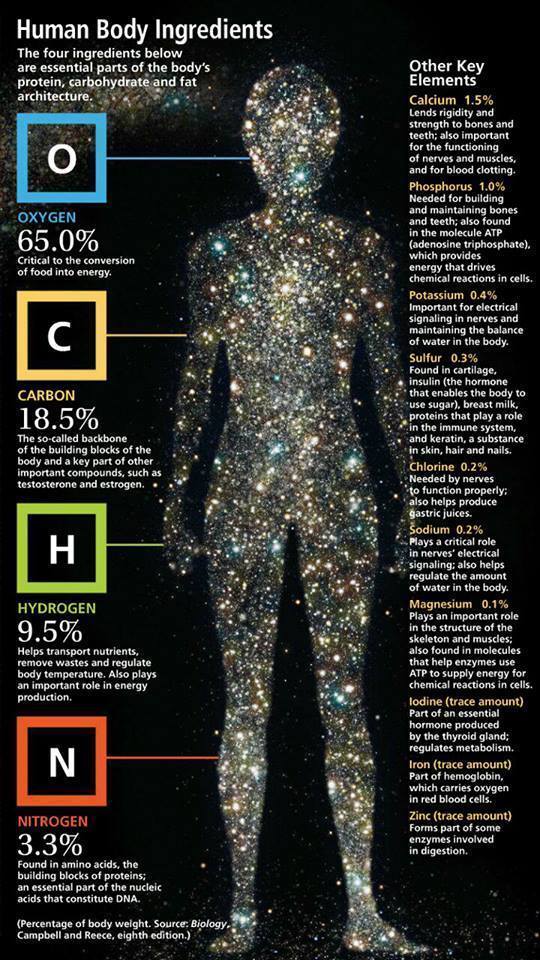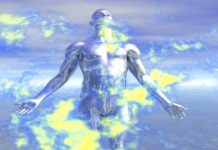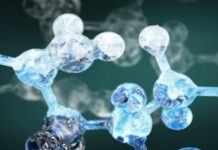Science and medicine have progressed and developed to the point of gaining a thorough understanding of the composition and functions of the human body. This does not mean, however, that science is yet capable of clearly defining the nature of the human being or of life itself. There are some basic questions which we still ponder upon like “What is a human being?” and “What is life?” To live humanistically, we must first try to understand the words ‘human’ and ‘life’.
We can be happiest when we truly understand our own lives and are able to freely tap our highest potential. In order to examine the nature of life, let’s consider the stuff of which life is made. According to the famous bacteriologist Rene Dubos, the human body is, in one sense, a collection of physical matter, a machine assembled of atoms and molecules that abides by all of the physical laws governing inanimate matter. Yet it is a machine that is capable of controlling its own activities and directing them towards the fulfillment of a lifetime goal that the machine itself has freely chosen.
Like any other physical object, the human body is composed of atoms and molecules. In particular, the body primarily comprises of four kinds of atoms or elements – oxygen, carbon, hydrogen and nitrogen (the four basic building blocks of all life) – and the molecular compounds they form. In addition, small amounts of other elements such as phosphorus, calcium, chlorine, iron, magnesium, potassium, sodium and sulfur are present and necessary for the body to function properly. The body also requires on a daily basis trace amounts of chromium, cobalt, copper, fluorine, iodine, manganese, molybdenum, selenium and tin.

Another scientist has pointed out that the body of a lean, 132-pound man contains enough fat to make seven bars of soap, carbon for 9000 pencil leads, the magnesium found in a single dose of laxative, enough lime to make a ceramic soup bowl, as much sulfur as is contained in a large firecracker, and about 38 gallons of water. The materials that make up the human body could probably be purchased separately in their most rudimentary chemical form for about $1000.
Another scientist estimated, however, that it would cost more than $10 million to synthesize from those elements the same complex organic compounds found in the body of a male human being. Manufacturing the organic materials that make up the female body, however, would be far more expensive, since certain female hormones connected with child bearing and milk production are far more complex than any substance found in the male body. For instance, it would cost more than $20 million to synthesize just one gram of the hormone that stimulates the production of milk in a mother’s body. Even if one could afford to produce the body’s many complex compounds through chemical processes, one could never come close to artificially creating a human being.
Though we might guess that differences among individuals are related to differences in the amounts of certain substances in their bodies, this is not the case at all. A person who is stubborn or hard-headed, for example, is not so because his body contains more than the normal amount of iron. His body is virtually identical to anyone else’s when it comes to its basic composition. The human body, then, is not extraordinary in its makeup, but comprises matter that exists anywhere on the Earth’s surface and elements that range throughout the entire universe.
Viewing things this way, we find no clear distinction between the living and that of the non-living. How much ever we make advances in science, there is always a learning desire to learn even more about our own human body.
In the end, we should always know that life itself is the most precious of all treasures for the immeasurable treasures of the entire universe cannot equal the value of a single human life. And so there is no material wealth that can match the significance of ones life.



































